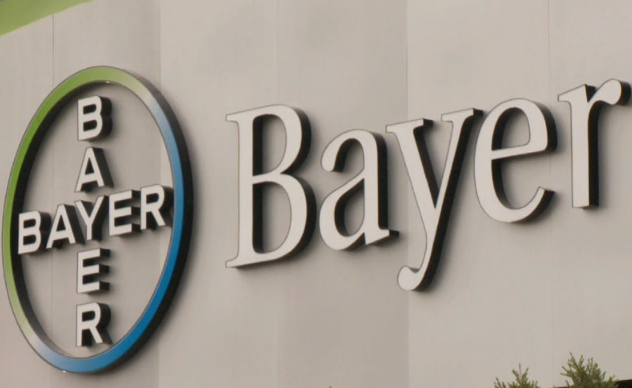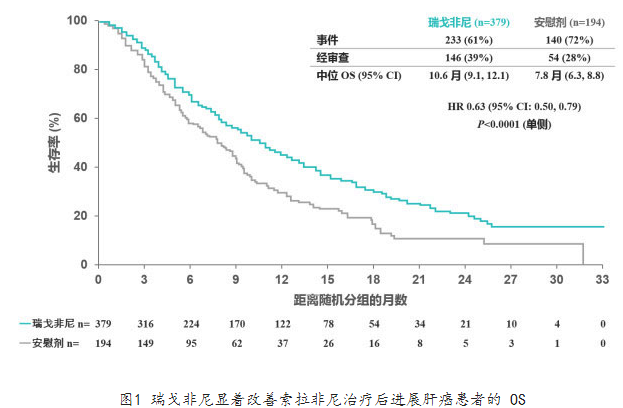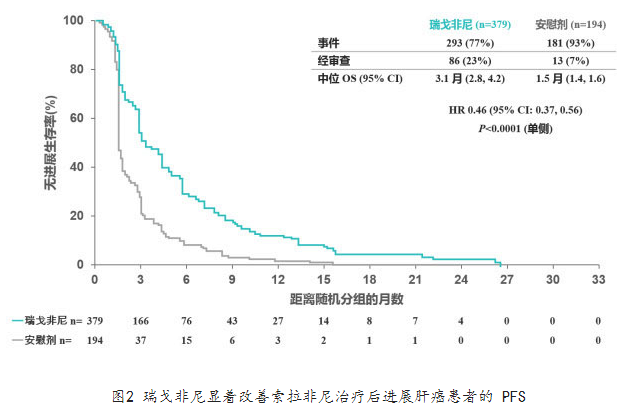China's first new drug for second-line treatment of liver cancer approved
Yesterday (December 12), Bayer announced that its targeted anti-cancer drug, Regogini (trade name: Baiwango), was officially approved by the CFDA for the treatment of hepatocellular carcinoma (Sera) treated with sorafenib ( HCC), this is the first new drug approved in China for HCC second-line treatment. According to the World Cancer Report 2015 published by the World Health Organization, in 2015, there were 854,000 new liver cancers and 810,000 deaths in China. Among them, China’s new hair was 466,000 and deaths were 422,000, which seriously threatened all humanity. Health and life. Because most patients with liver cancer have basic liver disease, insidious onset, early symptoms are not obvious or atypical, early diagnosis is difficult, and the timing of surgery is often lost when diagnosis is made. Local treatment such as intervention and ablation is effective, but metastasis often occurs. For advanced liver cancer, systemic treatment is essential. The head of the National Hepatic Cancer Expert Group, the Chairman of the China Society of Clinical Oncology, and the National Cancer Center of the People's Liberation Army Nanjing Bayi Hospital, said: "The molecularly targeted drug Sorafenib first-line treatment can significantly prolong the survival of patients with advanced liver cancer. In the period, it will become the standard treatment; however, some patients will develop disease after treatment, and urgently need second-line treatment. Regofenib as a new targeted drug for replacement, has been approved for second-line treatment of liver cancer in Europe and America, this time in China CFDA's rapid priority approval can address the urgent treatment needs of this type of patient population and is worthy of clinical application." It is known that as an oral multi-kinase inhibitor, regorafenib blocks a variety of protein kinases involved in angiogenesis, tumor formation, metastasis and tumor immunity involved in tumor growth and progression, including VEGFR 1-3, TIE -2, RAF-1, KIT, RET, RAF-1, BRAF, PDGFR, FGFR, and CSF1R. These kinases act alone or in combination to control tumor growth, interstitial microenvironment formation, and disease progression. The International Multi-Center Phase III RESORCE study, published in The Lancet in December 2016, evaluated the efficacy and safety of regorafenib in patients with liver cancer who had progressed after sorafenib treatment. The results suggest that regorafenib significantly improved the overall survival of the patients (median OS 10.6 months vs. 7.8 months, P < 0.0001), compared with placebo controls The risk of death was significantly reduced by 37% in the gofini group (Figure 1). The progression-free survival (PFS) also had a significant advantage in the regofenib group (median PFS 3.1 months vs. 1.5 months, P < 0.0001, Figure 2), and the above treatment benefits were All pre-defined subgroups are maintained. In addition, patients treated with regomafenib also had higher rates of remission and disease control. An exploratory analysis of the RESORCE study showed that sequential treatments with sorafenib and regorafenib extended the median survival time of patients with liver cancer to 26 months from the beginning of sorafenib treatment. This is undoubtedly of breakthrough significance for the medical treatment of liver cancer with little progress in the past. Fish,Frozen Fish,Frozen Fish Fillets,Fresh Hairtail Section Zhoushan Haiwang Seafood Co., Ltd. , https://www.haiwangseafoods.com


